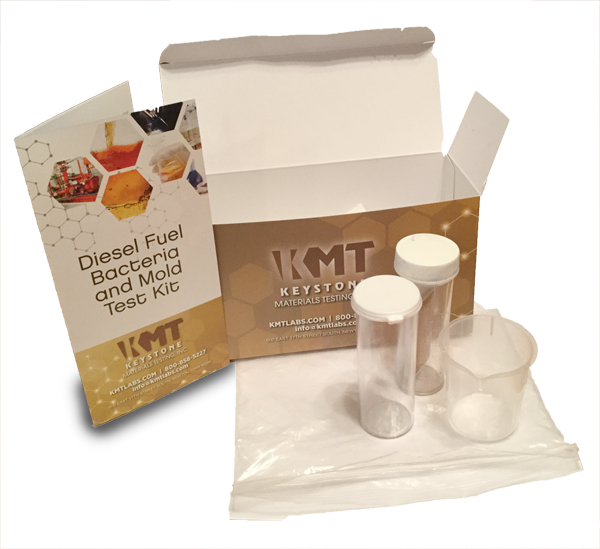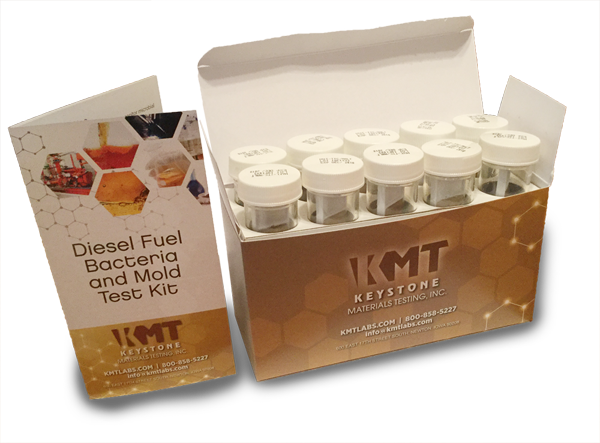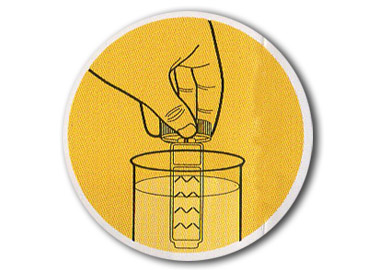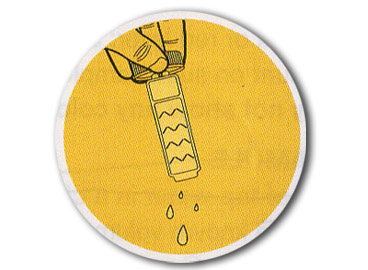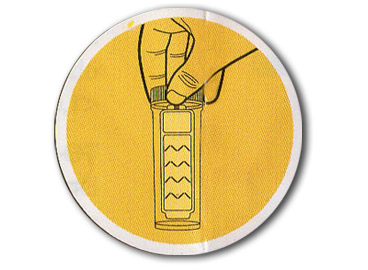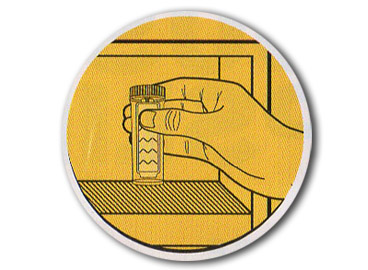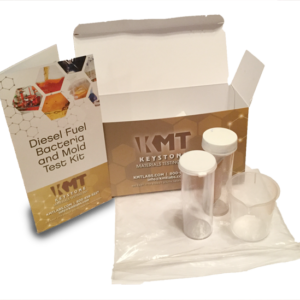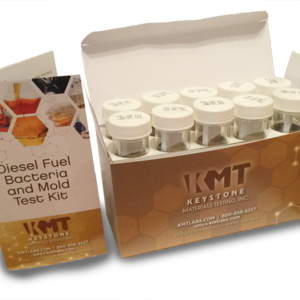Detects “Fuel Bugs”, bacteria and fungus in fuel.
This test is called a “dip slide”. One side of the slide is “white/transparent”. This will detect BACTERIA between 24 to 48 hours after exposure. The other side of the slide is “brown”. This will detect FUNGI within 4 to 5 days after exposure.
NO spots are good news. Any reaction is bad news.
Any reaction requires immediate action on your part. Remove excess water from fuel tank and treat with a Biocide.

